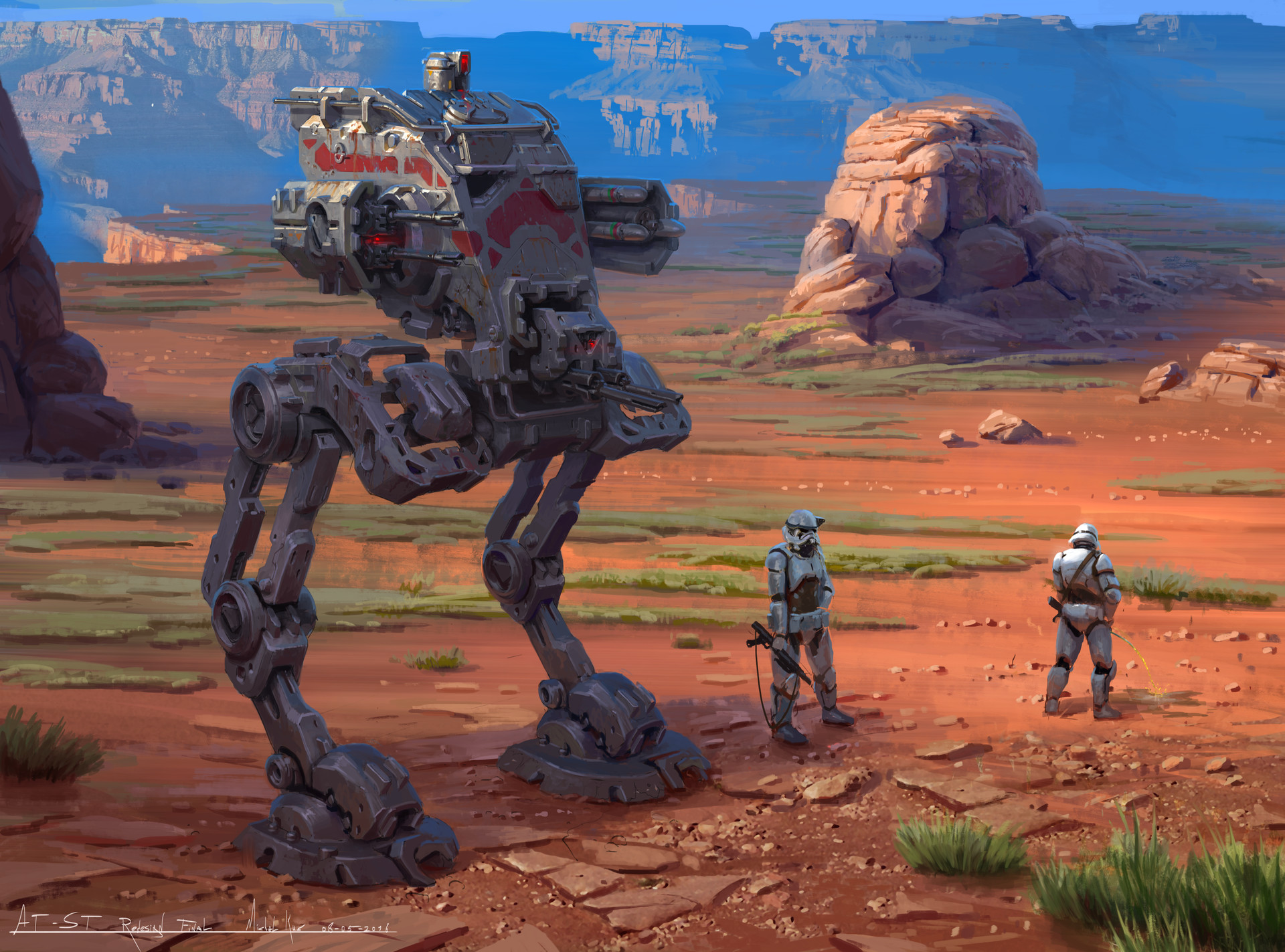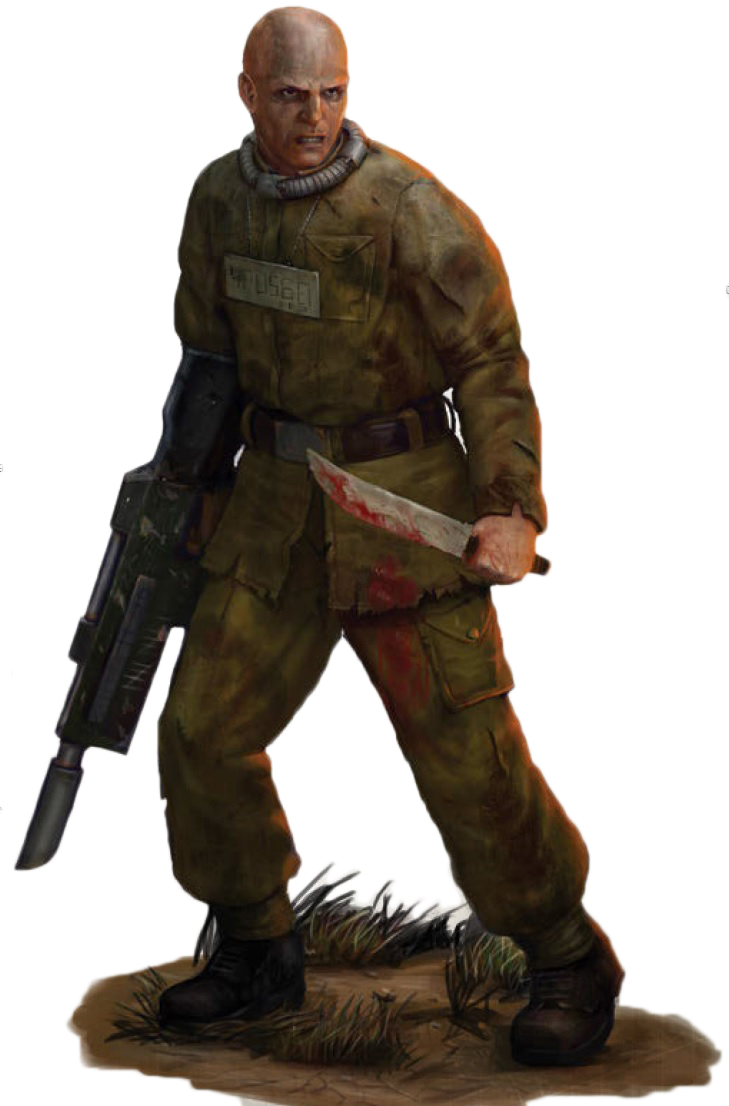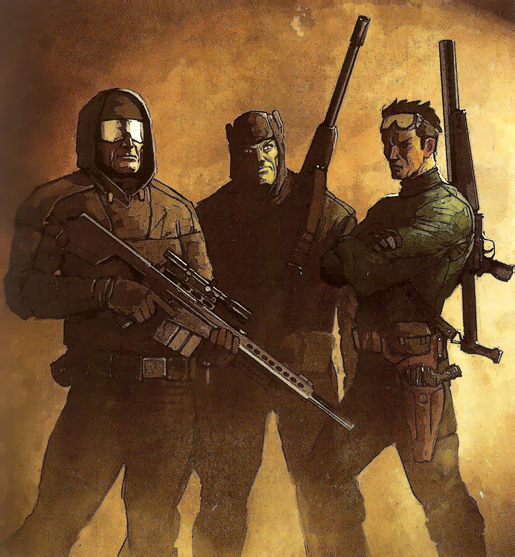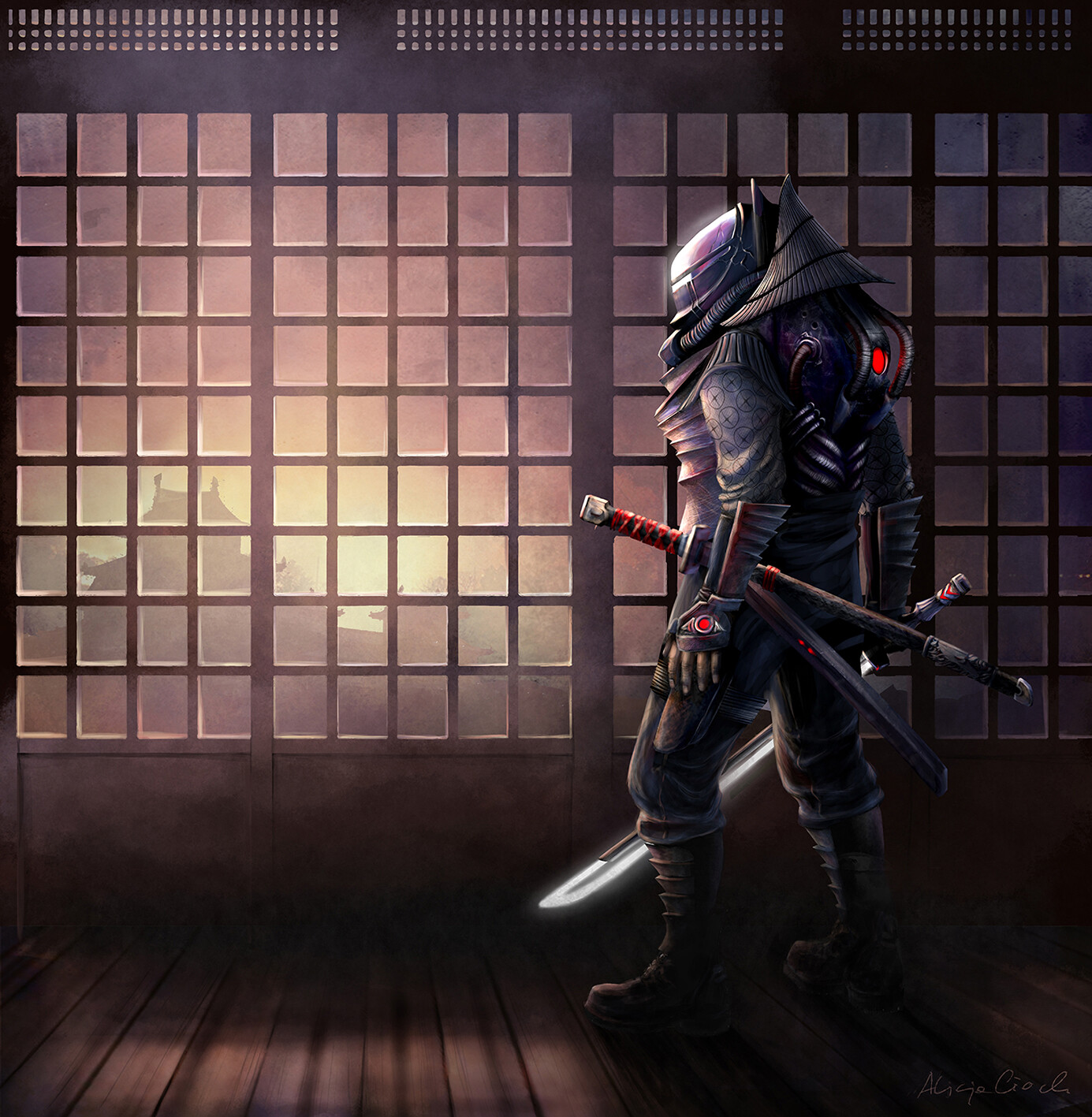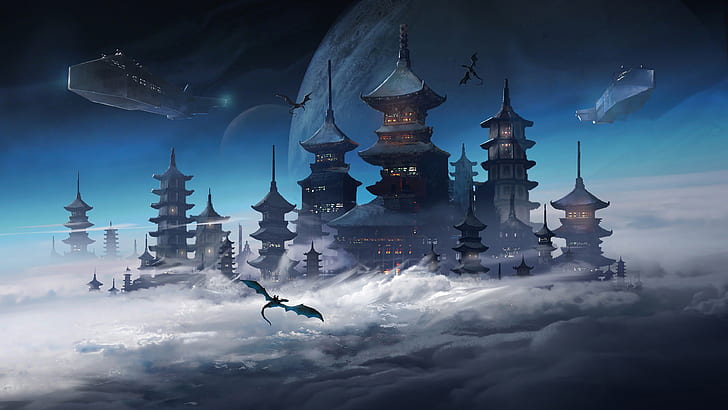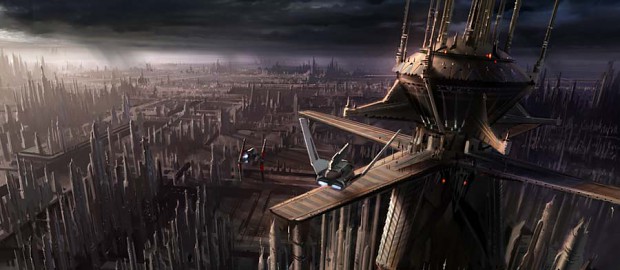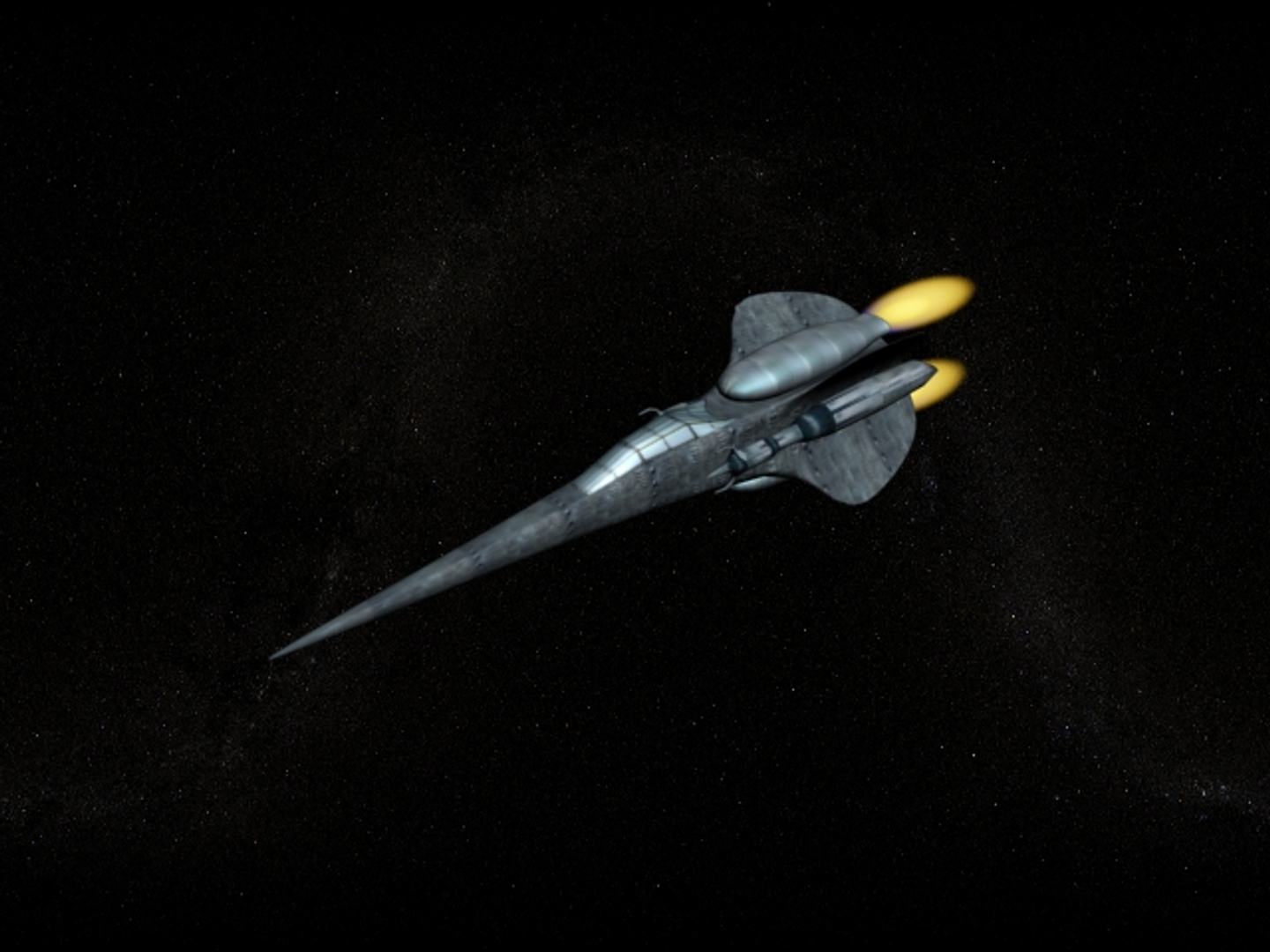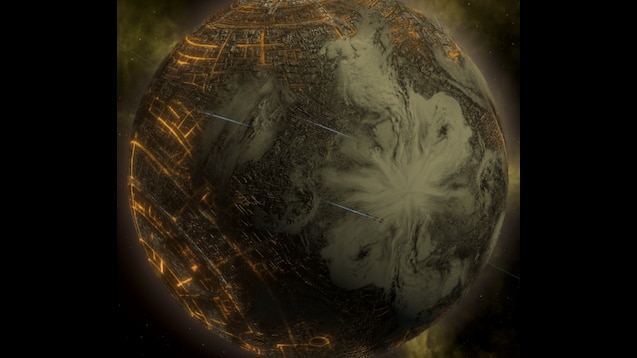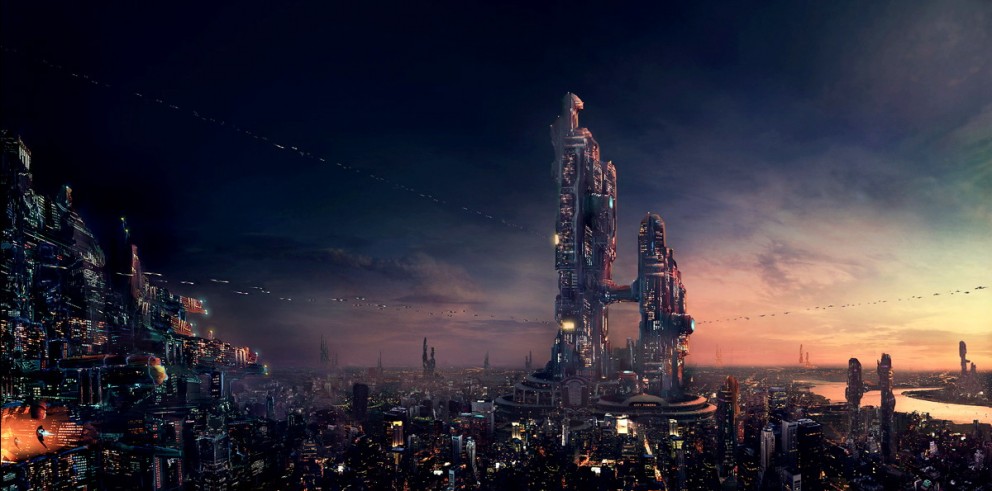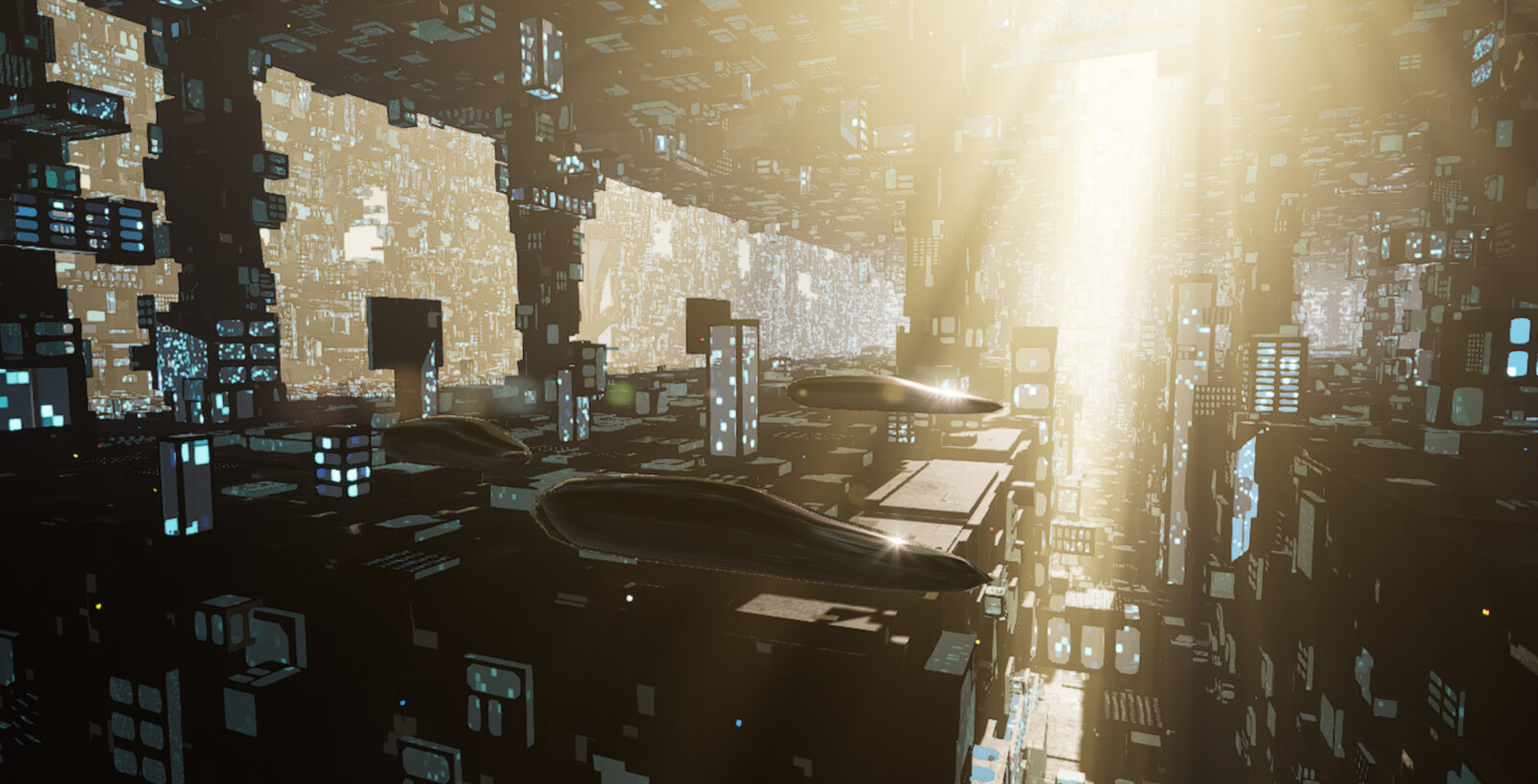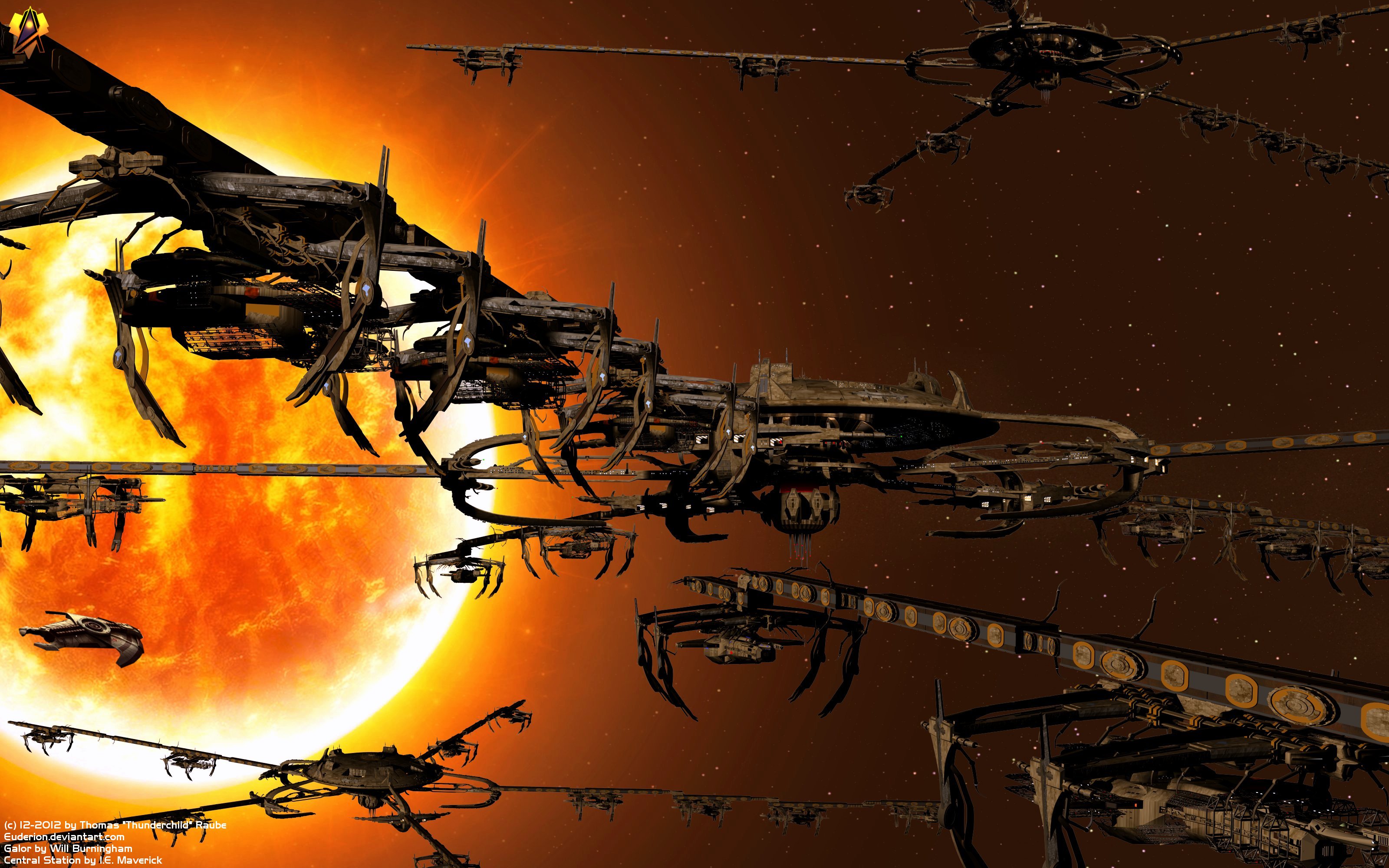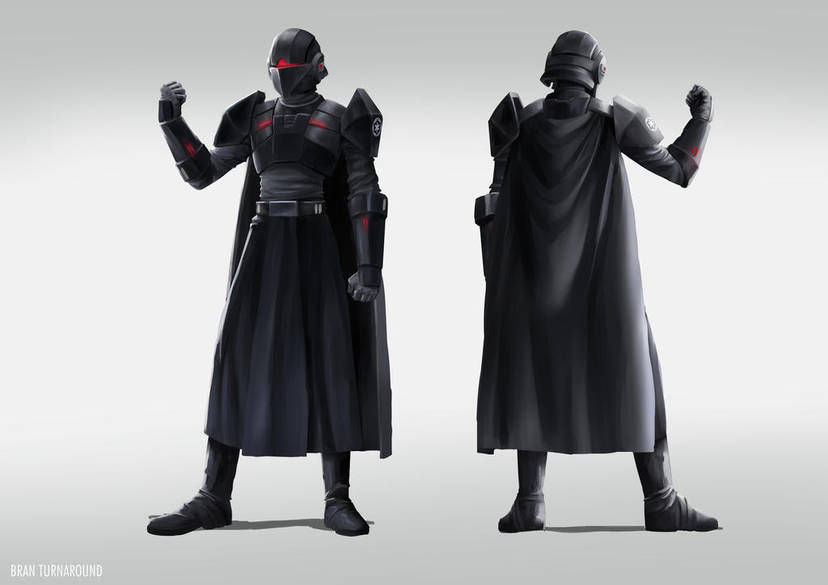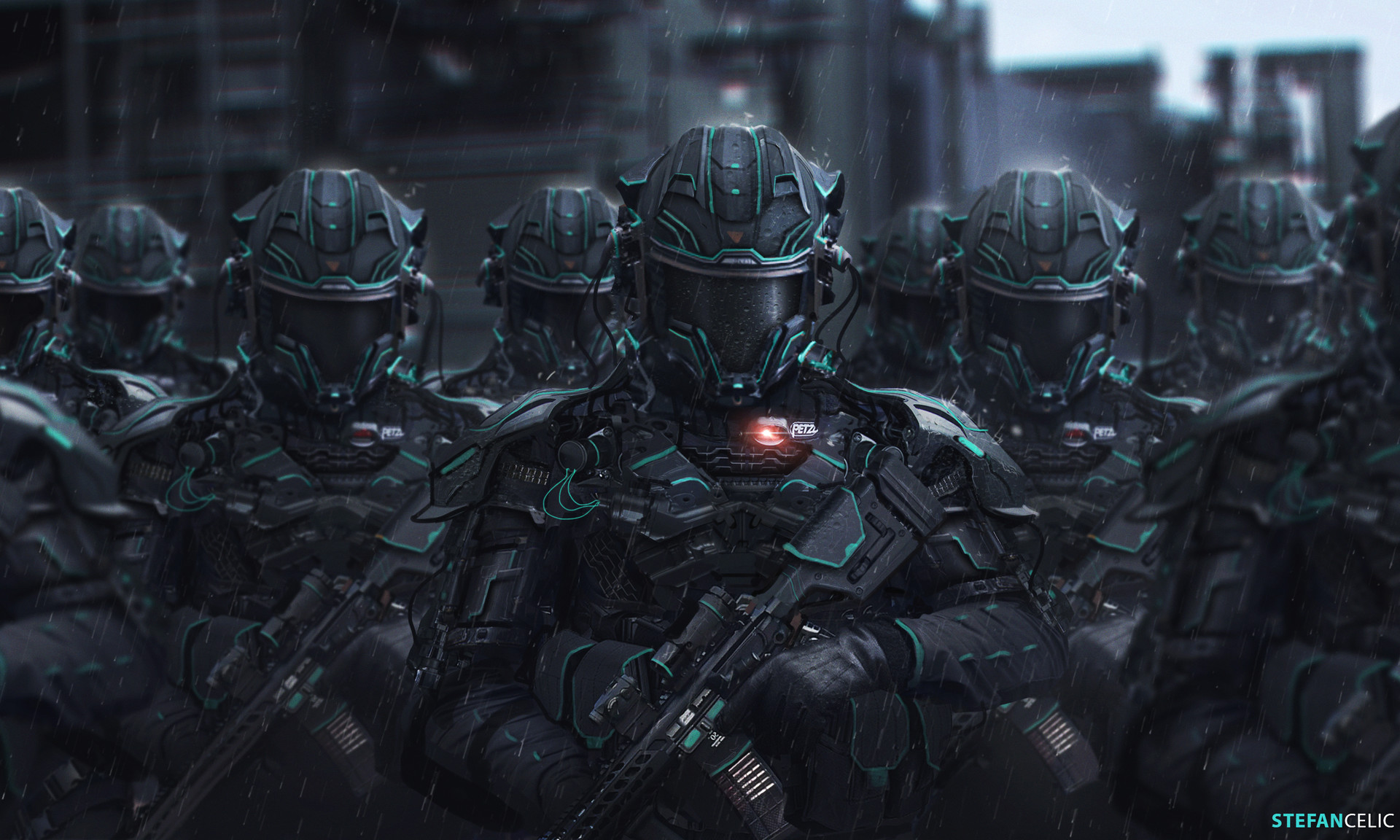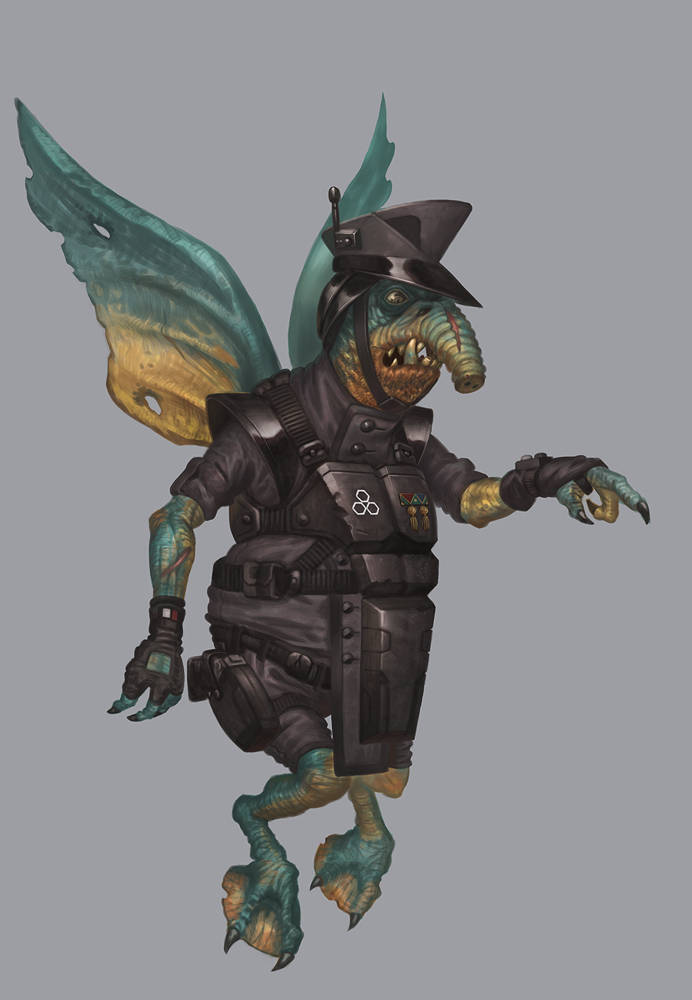OUT OF CHARACTER INFORMATION
SETTING INFORMATION
- Mine Name: Septiforge
- Materials: Phrik, Beskar, Durasteel, Kyber Crystal, Stygium Crystal, Corusca Gem, Fire stone, Aurodium, Cortosis, Neuranium, Laminanium, Fire rubies, Void stone
- Location: Qena System
- Affiliation: United Galactic Federation
- Size: Massive
- Population: Heavily Staffed
- Profit: High
- Accessibility: The Septiforge is located on the moon of the system's innermost planet. It can be freely accessed by freighter.
- Description: Industrial works that cover the surface of a moon and penetrate deep into its subsurface. Deeper still tunnels and caverns are filled with mining and forge works. The extensive works are operated by millions of insectoids of seven different species. A cooperative alliance of insectoid hives run a highly productive mining and industrial complex.
POINTS OF INTEREST
Mustafarian Zone - A series of large caverns where lava flows freely, the oldest and some of the deepest mineworks on Alu. Unique among the deep hives, the Mustafarians retain direct access to the surface through some of the original boreholes and tunnels made during their initial colonization effort. One of the most productive mining zones on Alu.
Colicoid Zone - Almost isolated from the other hives, and with its members very rarely mixing with their partners, though the Colicoids keep to themselves, they are among the most productive of the seven hives. They produce exclusively weapons and battle droids.
Geonosian Zone - The largest hive in terms of size, the ever industrious Geonosians produce everything from microchips to droids to starship parts. A series of caverns linked by miles of tunnels and including some very deep and wide subsurface canyons. The Geonosians are the productive link between the Mustafarian and Killik mining works and the surface Verpine, Colicoid and Xi Charran production works.
Verpine Zone - A smaller surface hive, the Verpine produce the precision engineering for the unified hives along with some of the most powerful and advanced weapons. This hive is heavily research focused, producing quality over quantity alone among the manufacturing hives.
Vratix Zone - By far the smallest hive, the Vratix are also the most important. They are the hive that administer and organize the other hives, and the only ones able to deal with even the hostile and xenophobic species. They also conduct bacta production and research, and provide medical care to the other hives. Their hive also serves as neutral ground for discussion and communication, avoiding the extreme territoriality of the others.
Killik Expanse - The biggest population of the hives and rivalling the production output of any of the others, the dutiful and hard working Killiks are the most basic builders. Their workers conduct manual unskilled labour but in massive quantities. Though little technical work is done here, much of the production process is streamlined by having the forging and heavy work done by uncountable numbers of willing labourers. The Killiks are also the main explorators and tunnelers within the moon.
Xi Charrian Zone - Another small surface hive very similar to that of their Colicoid cousins, and likewise producing weapons and battle droids. The Xi Charrans also do a lot of their own research and development, with little to distinguish them in behaviour and output from the Colicoids.
Royal Zone - A small cavern system located adjacent to the Vratix Zone, this is where all seven Queens reside, guarded jealously by seven sets of Royal Guards. Each Queen has her own chamber, and each is connected directly and privately to its own hive zone. A central area serves as the headquaters of Septiforge and the administrative center of the moon works.
SECURITY
Medium
Each of the seven hives has its own small but dangerous soldier caste at home in the tunnels. The environment is unpleasant, and the sheer number of workers daunting.
HISTORICAL INFORMATION
The moon Alu was left alone during the earliest years of the system, until well after Qena Prime was established. Thought to be uninhabitable and relatively uninteresting, deep surveys discovered wealths of mineral deposits. Original efforts to take advantage of the moon's resources failed, and the mining claims were sold off to a consortium of Mustafarians. This was the founding of what would become Septiforge.
With experience in extreme environments, the insectoids made good use of their talents to establish working mines and forges. Expansion required manpower, and the crafty Mustafarians looked to their fellow insectoid species for partnership. Agreements between ruling Queens established a shared ownership and common hive on Alu, leading to the seven families accord. Along with the founding Mustafarians, the species that came to Alu to form the accord were Colicoid, Geonosian, Killik, Verpine, Vratix and Xi Charrian.
Mining and industrial expansion skyrocketed as the hives each made their new homes and workings within the moon. Each group expanded with more tunnelling work, creating entire underground structures deep inside the moon. The colonies grew to fill the planetoid completely, working the deepest veins and even tapping the geologically active core of the moon. The forge works and factories of the hives are fed by an unending supply of raw materials from the depths.
Having been established for over a century, recent surveys report that it is likely the extensive mining will deplete the moon within the next two hundred years. Plans are already underway exploring the possibility of stellar mining once then moon is exhausted, but that is for the far future. The latest expansions into molecular forging allowed the Septiforge to create any materials possible, and has led to a huge economic boon for the Qena System.
